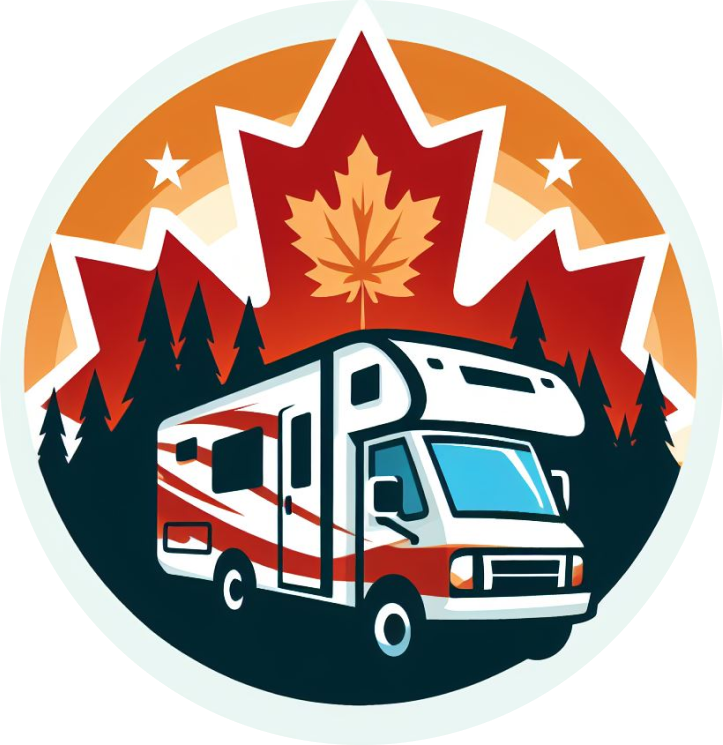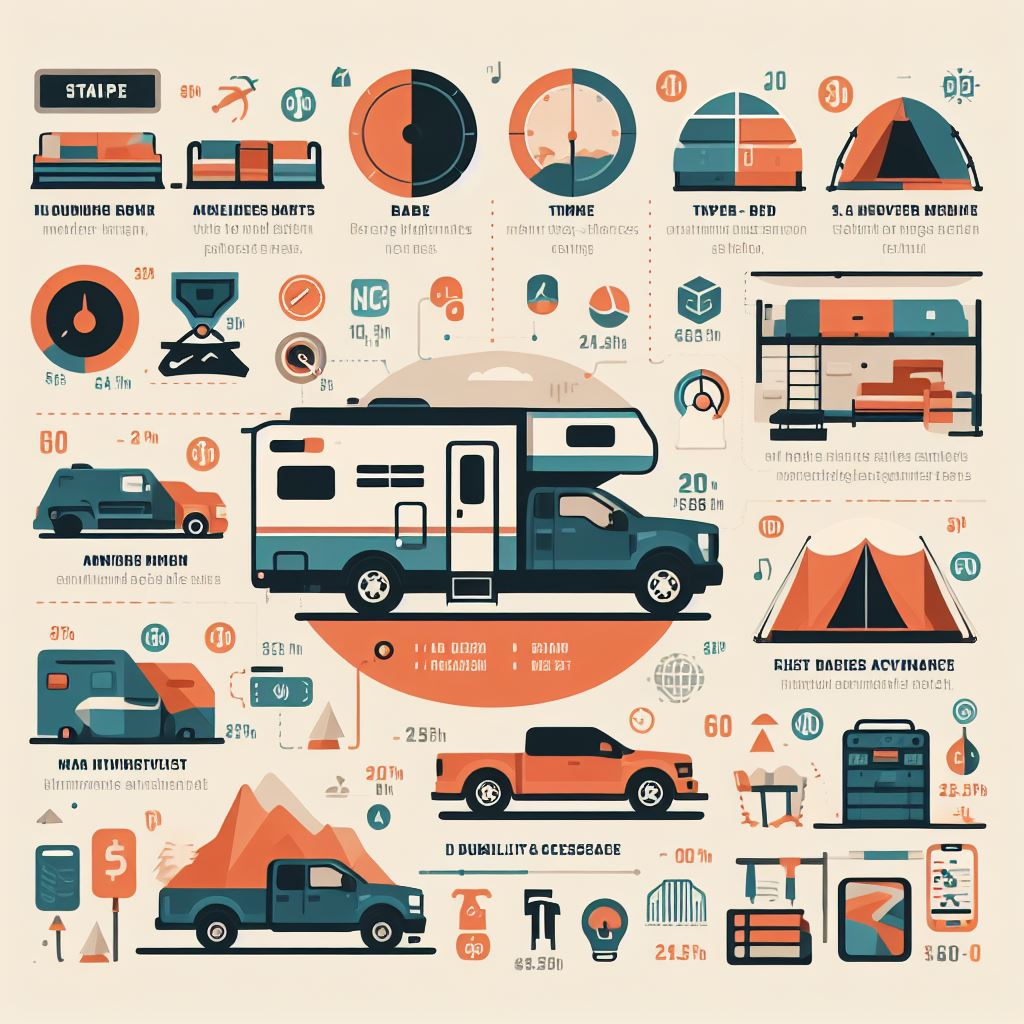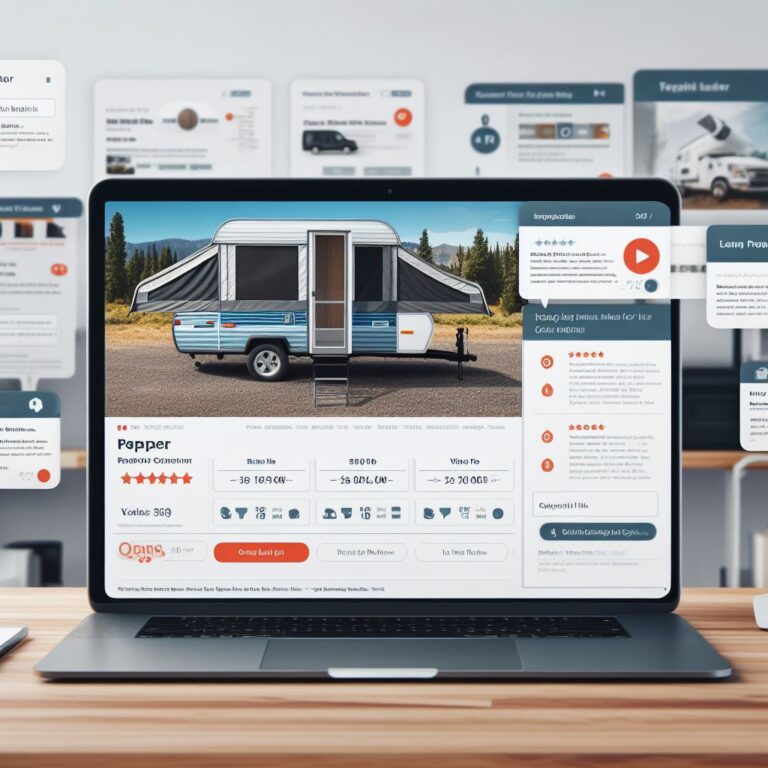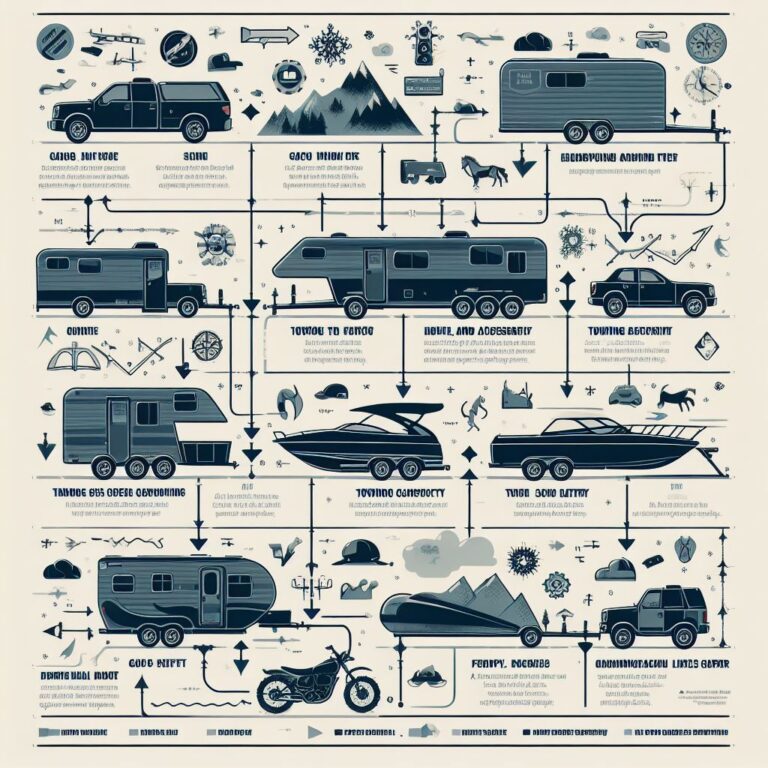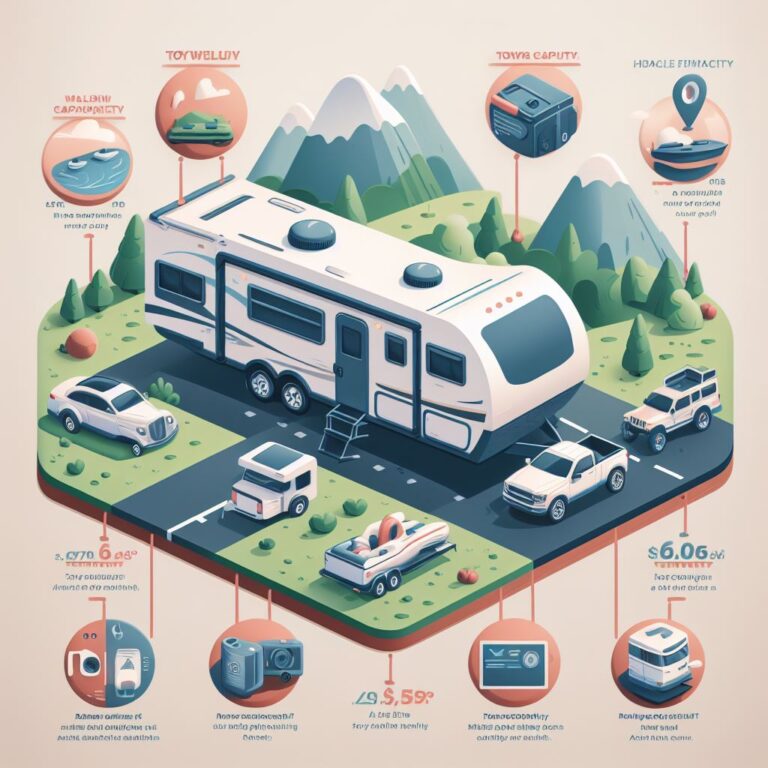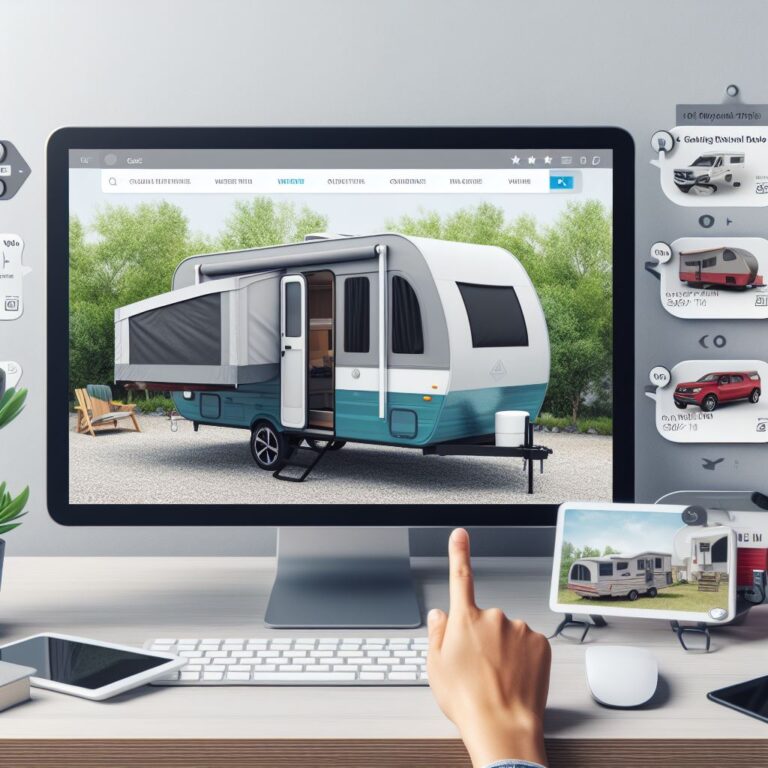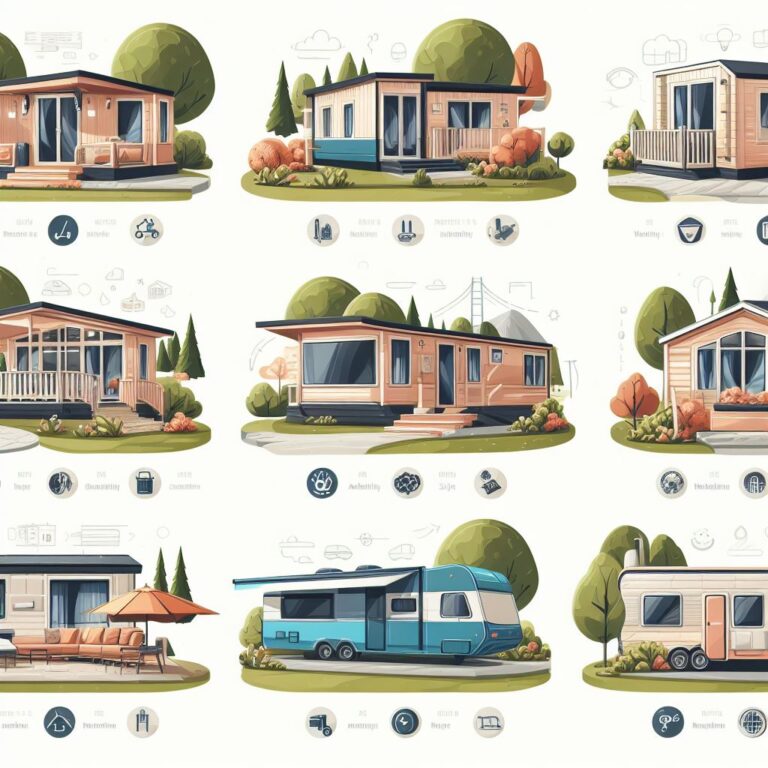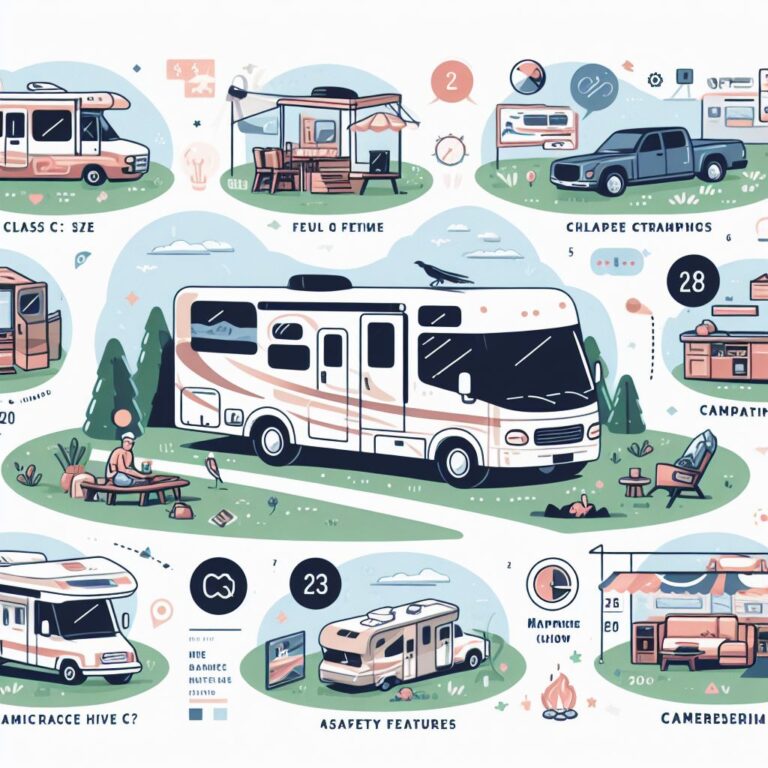How To Choose Truck Camper $25,000 – $65,000 Sleeps up to 3 3.6 to6.0 M(12-20 FT)
Understanding the Basics of Truck Campers
A truck camper, by definition, is a mobile living space that is attached to the bed of a pickup truck. They come in various sizes and configurations, allowing travellers to bring the comforts of home along with them on the road. These portable abodes are a fantastic option for those who value freedom and flexibility while travelling, as they provide an all-in-one solution for transportation and accommodation. With a designated sleeping area, kitchen, and sometimes even a small bathroom, truck campers truly encapsulate the essence of a home on wheels.
It’s noteworthy to mention that truck campers offer the ability to travel virtually anywhere a truck can pass, which is not always possible with larger motorhomes or travel trailers. They’re an ideal choice for adventurers seeking to explore remote locations or navigate challenging terrains. From dirt roads and mountainous tracks to undulating dunes and serene forests, owners have the liberty to explore the diverse Canadian landscape at their own pace. Despite their compact size, truck campers are designed to withstand harsh environments, making them a reliable partner for outdoor enthusiasts.
To fully grasp the concept of truck campers, it’s important to understand their key components and features. Here are some essential aspects that define a typical truck camper:
• Chassis: The chassis is an integral part of any vehicle, including truck campers. It provides structural support and houses vital parts such as the engine and transmission.
• Cabover Bed: Most truck campers feature a cabover bed which extends over the roof of the pickup truck, providing additional sleeping space without compromising on floor area.
• Kitchenette: A compact kitchenette typically includes basic appliances like a stove, refrigerator, sink and sometimes even an oven or microwave.
• Bathroom Facilities: Depending on size and configuration, some models may include a small bathroom with toilet facilities or even a shower stall.
• Dinette Area: This is essentially your living room while on the road – complete with seating arrangements for dining or lounging around.
Understanding these basics can help potential buyers make informed decisions when choosing between different models based on their specific needs.
Moreover, there are several advantages associated with owning a truck camper:
• Flexibility & Mobility: With no towing involved, you have freedom to manoeuvre easily through tight spaces making them perfect for off-road adventures or city driving.
• Economical Choice: Compared to motorhomes or travel trailers; initial purchase cost, maintenance expenses and fuel consumption tend to be lower in case of truck campers.
• Self-Contained Units: They come equipped with all necessary amenities required for comfortable living during travel.
Lastly but importantly,
• Variety Available : Truck Campers come in various sizes from compact slide-in units suitable for smaller trucks up to larger demountable versions designed specifically for heavy-duty pickups offering more spacious interiors.
Determining Your Budget for a Truck Camper
When it comes to purchasing a truck camper, establishing a sound budget is a crucial first step. The cost of truck campers can vary significantly, ranging from a few thousand dollars for a used model to over $50,000 for a new, high-end model with all the bells and whistles. It’s important to remember that the sticker price is just the beginning; additional costs such as insurance, maintenance, storage, and fuel should also be taken into account.
Furthermore, one should consider how they plan to use the camper and calculate any related costs. For instance, if the camper will be used for extended off-grid trips, additional equipment like solar panels or a generator might be necessary – further adding to upfront expenses. After weighing all these factors, potential buyers can set a realistic budget that takes into account not only the upfront cost of the camper, but also the ongoing costs associated with ownership and use.
To help you determine your budget for a truck camper, consider the following factors:
• The initial cost of the camper: This is often the largest expense and can vary greatly depending on whether you’re buying new or used, and what features you want. A basic used model may only set you back a few thousand dollars while a brand-new, fully loaded model could easily exceed $50,000.
• Insurance costs: Just like with any vehicle, insurance is a must-have for truck campers. The cost will depend on several factors including the value of your camper and where it’s stored when not in use.
• Maintenance expenses: Regular maintenance is key to keeping your truck camper in good condition. This includes routine tasks like oil changes as well as occasional repairs such as replacing worn-out parts.
• Storage fees: If you don’t have space at home to store your camper during off-seasons or when it’s not in use, storage fees can add up over time.
• Fuel costs: Truck campers are heavy which means they consume more fuel than regular vehicles. Consider how much driving you plan to do and factor this into your ongoing expenses.
• Additional equipment costs: Depending on how and where you plan to use your truck camper, additional equipment might be necessary. For instance if planning extended off-grid trips then solar panels or generators might be required which would add to upfront expenses.
After considering all these points carefully one can establish their budget accordingly that covers both upfront purchase price along with ongoing ownership costs related to usage of the vehicle.
Evaluating the Sleeping Capacity of Truck Campers
When selecting a truck camper, one of the most vital aspects to consider is its sleeping capacity. This figure is not solely reliant on the number of occupants that can sleep in the camper simultaneously. The requirement also varies depending on the demographics of the potential users. For instance, a larger family with small children may need a relatively higher sleeping capacity compared to a couple embarking on a solo adventure.
Beyond just the raw number, the quality of sleep can affect the overall camping experience. Hence, assessing the sleeping capacity should also involve analyzing the beds – their size, comfort level, and placement within the camper. For example, a larger bed would naturally be more comfortable but at the same time, take up more space within the camper. Also, the location of the bed – whether it’s a cab-over bed or a more traditional bed in the back – might cater better to certain individuals or situations. A balance between capacity, size and comfort is key to ensuring a good night’s rest on the road.
Here are some factors to consider when evaluating the sleeping capacity of truck campers:
• Number of Occupants: The first thing to consider is the number of people who will be using the camper. This includes considering whether it’s a family with children, a couple on an adventure trip or a group of friends going for a camping weekend.
• Bed Size and Comfort: A larger bed can provide more comfort but may also take up more space within the camper. Therefore, it is crucial to balance between size and comfort level depending on your needs.
• Bed Placement: The location of the bed in the camper can significantly affect its usability. Whether you prefer cab-over beds or traditional ones at the back might depend on personal preference as well as specific situations such as health issues or mobility constraints.
• Space Utilization: Efficient use of space is key in any type of accommodation, especially one with limited room like a truck camper. Look for designs that maximize sleeping area without compromising too much on living and storage spaces.
• Quality over Quantity: While having enough beds for everyone is important, quality should not be compromised either. Ensure that all sleep areas have adequate support, cushioning and ventilation to ensure restful nights during your trips.
In conclusion, assessing sleeping capacity involves looking beyond just numbers; it requires careful evaluation based on individual preferences and requirements. By taking into account these factors mentioned above while choosing your truck camper, you’ll be able to select one that provides both comfort and functionality – ensuring enjoyable camping experiences every time.
Assessing the Size and Dimensions of Truck Campers
When it comes to choosing a perfect truck camper, it’s essential to understand the critical role of size and dimensions. The right size ensures that the camper fits perfectly onto your vehicle, avoiding any unnecessary damage to your truck. It also guarantees a comfortable journey, with enough room for passengers and cargo without causing the vehicle to become overloaded. Hence, your quest to find the ideal camper should begin with an accurate measurement of your truck’s length, width, and height, to ensure a seamless fit.
Size and dimension also significantly affect the camper’s internal living space. A larger camper may provide more room for amenities such as a bathroom, kitchenette, and sleeping space but may also add substantial weight to your vehicle. On the other hand, a smaller camper might be lighter and easier to maneuver but may reduce the camper’s overall comfort and functionality. You should also consider where you plan to travel and the type of roads you’ll encounter. Bigger campers may present challenges in narrow or twisty paths. Therefore, balancing the size and dimension of your truck camper against your needs and journey type is paramount.
To effectively assess the size and dimensions of truck campers, it’s imperative to consider several critical factors. These include:
• The exact measurements of your vehicle: This includes not only the length, width, and height but also the payload capacity of your truck. Knowing these details will help you determine whether a particular camper can be safely and conveniently mounted onto your vehicle.
• The internal space provided by the camper: Larger campers tend to offer more room for amenities such as bathrooms, kitchens, or sleeping areas. However, they also add significant weight to your vehicle which might affect its performance.
• Your travel plans: If you intend to venture off-road or navigate narrow paths frequently, a smaller camper may be preferable due to its ease in maneuverability.
• Comfort and functionality needs: While larger campers typically provide more comfort features like extra storage space or separate living areas; smaller ones are easier to handle on roads but may lack certain amenities.
• Weight distribution considerations: It’s important that the weight of loaded camper is evenly distributed over your truck’s axles for safe driving dynamics.
In conclusion, assessing the size and dimensions of truck campers involves evaluating various factors that impact both convenience and safety during travels.
Factors to Consider When Buying a Truck Camper
Purchasing a truck camper goes beyond just visual appeal and it’s imperative potential buyers take into consideration several key factors. Primary factors should include determining a comfortable budget, evaluating sleeping capacity as per user needs, and the size and dimensions of the camper to ensure compatibility with the existing or intended purchase of a truck.
Additionally, a notable element to evaluate is the comfort level offered by the truck camper, which encompasses both sleeping arrangements and in-use convenience. Other integral aspects that need careful consideration include essential features offered by the camper and space utilization within. Lastly, understanding the maintenance necessities and potential benefits of the camper can profoundly impact your decision-making process.
The following points are crucial when considering buying a truck camper:
• Establishing a Budget: Before beginning your search, it’s essential to have an idea of how much you’re willing and able to spend on a truck camper. This will help narrow down options and prevent overspending.
• Evaluating Sleeping Capacity: Depending on the number of people who will be using the camper regularly, the sleeping capacity is an important factor. Make sure there are enough beds or sleeping areas for everyone.
• Checking Size and Dimensions: The size and dimensions of the truck camper should match with your existing or intended purchase of a truck. It’s vital that they fit together properly for safety reasons as well as ease of use.
• Assessing Comfort Level: Beyond just sleeping arrangements, consider other comfort aspects such as seating space, headroom, bathroom facilities etc.
• Considering Essential Features: Look at what features come standard with each model you’re considering. Things like kitchen facilities, storage spaces, heating/cooling systems can make all the difference in your camping experience.
• Understanding Space Utilization: Consider how efficiently space is used within the camper – does it feel cramped? Is there room for movement?
• Maintenance Necessities & Benefits: Finally think about maintenance requirements – how easy is it to clean? What kind of upkeep does it require? Also look at potential benefits like fuel efficiency or resale value which could impact long-term cost.
By taking these factors into account during your decision-making process, you’ll ensure that you choose a truck camper that best suits your needs and budget while maximizing enjoyment during use.
The Importance of Comfort in Truck Campers
When on the road, comfort can make a significant difference in your overall truck camping experience. Ensuring your truck camper provides an adequate level of comfort supports overall satisfaction and reduces the risk of a poor camping experience. For example, having a quality mattress can result in good sleep, consequently leading to more energy for your outdoor adventures. Appropriate heating, cooling, and ventilation systems are also pivotal as they regulate the temperature in your truck camper, guaranteeing you remain comfortable regardless of outside weather conditions.
Beyond these basics, the layouts and amenities within truck campers also contribute to comfort. A well-thought-out floor plan that maximizes space, provides enough room for movement and includes storage solutions, increases the usability and comfort of the camper. Amenities such as a fully equipped kitchen, bathroom, and entertainment systems provide conveniences that add to overall comfort. Therefore, while shopping for a truck camper, prioritizing comfort is not a luxury but a necessity. Undoubtedly, the more comfortable your truck camper, the more enjoyable and memorable your camping trips will be.
• The quality of the mattress in your truck camper is a significant factor to consider. A good mattress can lead to better sleep, which in turn provides more energy for outdoor activities and adventures.
• Heating, cooling, and ventilation systems are also crucial components that contribute to comfort. These systems regulate the temperature inside your truck camper ensuring you remain comfortable regardless of outside weather conditions.
• The layout of your truck camper plays a big role in enhancing comfort. A well-thought-out floor plan that maximizes space, allows enough room for movement and includes ample storage solutions increases usability as well as comfort levels within the camper.
• Amenities such as a fully equipped kitchen, bathroom facilities, and entertainment systems provide conveniences that add significantly to overall comfort levels during camping trips.
• Prioritizing comfort while shopping for a truck camper is not just about luxury but it’s an essential requirement. The more comfortable your truck camper is designed; the more enjoyable and memorable will be your camping experiences.
In conclusion, investing time into carefully considering what elements will make you most comfortable on the road can dramatically enhance every aspect of your trip from restful sleep to efficient use of space. Comfort should never be overlooked when purchasing or upgrading a truck camper because ultimately it has direct impact on satisfaction level from any camping experience.
Key Features to Look for in a Truck Camper
When purchasing a truck camper, several key features can dictate your overall experience and satisfaction. It’s important to consider the durability and construction quality of the camper, as these elements can drastically affect its longevity. Key materials to consider include aluminum, fiberglass, or wood, all of which come with their own pros and cons. A well-built camper can withstand the challenges posed by inclement weather and rough terrains, thus ensuring your comfort and safety.
Another crucial feature is the camper’s weight. The weight of the camper will determine the type of vehicle that can carry it safely and effectively. Heavier campers may require a truck with a higher payload capacity, while lighter ones could be towed by a standard pickup. The size and design of the camper can influence its weight, so make sure to examine the floor plan carefully to ensure it suits your needs. Look for a balanced mix of spaciousness, functionality, and compactness.
• The camper’s interior layout is another vital feature to consider. Look for a design that offers efficient use of space, with ample storage options and comfortable sleeping arrangements. Some campers come with slide-outs to increase living area, while others offer convertible furniture for multi-purpose use.
• Check the insulation quality of the camper as well. Good insulation will keep you warm in cold weather and cool in hot conditions. It also helps reduce noise from outside.
• Consider the kitchen facilities provided in the camper too. A good camper should have a decent cooking area equipped with necessary appliances such as a stove, refrigerator, and sink.
• Don’t forget about bathroom facilities either. Depending on your needs and preferences, you may want a full bathroom complete with shower or just basic toilet facilities.
• Another important factor is power supply options available in the truck camper – whether it comes fitted with solar panels or has provisions for generator hookup.
• Lastly, take into account additional features like an awning for outdoor shade or entertainment systems installed inside the truck camper.
Remember that choosing a truck camper involves more than just considering its price tag; it’s about finding one that best suits your lifestyle and travel needs while providing comfort during your journeys.
Making the Most of Your Truck Camper’s Space
When it comes to utilizing the interior space of truck campers, it’s all about creative thinking and compact arrangement. The first step is usually to identify all the available space and plan out how to use it effectively. Most campers come with built-in storage compartments, shelves, and cabinets. It’s beneficial to assign a specific purpose for each area, such as food storage, clothing storage, or tool storage. This will help keep the camper organized and clean, making it a more comfortable space to live in.
In addition to built-in storage, there are numerous space-saving gadgets and devices available on the market that can help you optimize the use of your space. Some of these include foldable furniture, hanging organizers, or collapsible kitchen ware. You might also consider investing in multi-purpose items that can serve more than one function. Ultimately, the goal is to have everything you need without cramping your living area. Through effective organization and a little bit of creativity, you can truly make the most of your truck camper’s space.
To maximize your truck camper’s space, here are some strategies you may want to consider:
• Utilize vertical spaces: Often, the walls and doors of the camper can be used for storage. Consider installing hanging racks or hooks for items like coats, hats or kitchen utensils.
• Optimize under-bed storage: If your bed is elevated, use the space underneath it for storing items that aren’t frequently used. You might add sliding drawers or bins for easy access.
• Use multi-purpose furniture: Invest in pieces that serve multiple functions such as a table that folds down into a bed or seats with built-in storage underneath.
• Install overhead cabinets or shelves: This will provide additional storage without taking up valuable floor space. Just ensure they are securely fastened to prevent accidents while driving.
• Incorporate collapsible kitchen ware: Save on cupboard space by using foldable pots and pans and collapsible bowls and cups.
While planning out how best to utilize your truck camper’s interior space, remember these tips:
1) Keep things organized by assigning specific areas for different types of items – food stuffs should have their own dedicated area separate from clothing or tools.
2) Regularly declutter your living area; get rid of any unnecessary items which take up extra room.
3) Always keep safety in mind when installing new fixtures; secure all loose objects before hitting the road.
With careful planning and creative thinking, you can make every inch count in your truck camper!
Tips for Maintaining Your Truck Camper
Maintaining a truck camper can seem like a daunting task, particularly if you’re new to this type of recreational vehicle. However, regular upkeep can actually be straightforward and manageable. It starts with frequent and thorough cleaning. It’s essential to keep both the interior and exterior of the camper clean to prevent the accumulation of grime and dirt. This is not merely for aesthetics; it can also help to prevent long-term damage to your camper – a clean camper is easier to inspect for any signs of wear and tear or damage.
The mechanical aspects of your truck camper require equal attention. Regularly check the truck’s engine, radiator, tires and other integral parts of the vehicle to ensure that the camper remains roadworthy and safe. It is also necessary to make sure all the appliances within the camper are in good working order. Any potential issues should be addressed immediately to prevent them from escalating. It may benefit you to seek professional servicing regularly. These steps are crucial to ensure that your truck camper remains in peak condition, ensuring a smooth and safe journey whenever you hit the road.
Here are some helpful tips to maintain your truck camper:
• Regular Cleaning: Make it a habit to clean the interior and exterior of your camper regularly. This prevents the accumulation of dirt and grime, which can lead to long-term damage. A clean camper is also easier to inspect for potential issues.
• Check Mechanical Parts: Pay attention to the mechanical aspects of your truck camper such as engine, radiator, tires etc. Regular checks ensure that your vehicle remains roadworthy and safe.
• Maintain Appliances: All appliances within the camper should be in good working order. Any potential issues need immediate attention so they don’t escalate into bigger problems.
• Seek Professional Servicing: It’s beneficial to have professional servicing done on a regular basis. Professionals can spot potential problems early on, ensuring that you’re not caught off guard by sudden breakdowns or malfunctions when you’re out on a trip.
By following these steps diligently, you will keep your truck camper in peak condition for many years of enjoyable use.
Benefits of Owning a Truck Camper.
Owning a truck camper comes with numerous advantages that make it an appealing option for many Canadians. Firstly, it provides the liberty to explore the vast wilderness and scenic beauty of the country at one’s own pace. With your mobile home hitched onto your truck, escaping for the weekend to a serene lake or a tucked-away mountain biking trail becomes an effortless endeavor. With no worries about hotel bookings or the discomforts of setting up tents, you enjoy unmatched flexibility and independence.
Another substantial benefit of a truck camper is the cost savings it brings. In comparison to recreational vehicles (RVs), truck campers present a more economical alternative, with lower upfront costs, cheaper maintenance, and increased fuel efficiency. These campers are compact and less complex mechanically, translating into fewer repair issues and lower service charges. Ultimately, owning a truck camper allows you to enjoy the thrills of an adventure-filled outdoor lifestyle without burning a hole in your pocket.
The benefits of owning a truck camper are not limited to these two major points. There are several other advantages that make this option increasingly popular among outdoor enthusiasts and adventure seekers. Some of the additional perks include:
• **Enhanced Mobility:** Truck campers offer superior mobility compared to larger RVs or travel trailers. They can easily navigate through narrow roads, steep terrains, and tight parking spaces, making them ideal for off-road adventures.
• **Less Impact on Environment:** Due to their compact size and better fuel efficiency, truck campers have a smaller carbon footprint than most motorhomes. This makes it an eco-friendly choice for those conscious about their environmental impact.
• **Versatility:** The versatility of a truck camper is another significant advantage. It serves as your vehicle during the day while transforming into your cozy sleeping quarters at night.
• **Ease of Storage:** Unlike large RVs that require substantial storage space when not in use, truck campers can be conveniently stored in standard-sized garages or driveways.
• **Customization Options:** Many manufacturers provide customization options allowing owners to tailor their campers according to individual needs and preferences – from interior layout design to appliance choices.
In conclusion, owning a truck camper provides you with the freedom to explore nature’s bounty without compromising comfort or convenience. Whether you’re planning short weekend getaways or long cross-country road trips, investing in a truck camper ensures an enriching travel experience coupled with cost savings and sustainable living.
What is a truck camper?
A truck camper is a mobile living space that can be attached and detached from the bed of a pickup truck.
Do I need a specific budget to buy a truck camper?
Yes, it’s essential to determine a budget before buying a truck camper. The cost can vary widely depending on the size, features, and brand of the camper.
How many people can a truck camper accommodate for sleeping?
The sleeping capacity of truck campers can vary. While smaller models may only sleep two people, larger models can accommodate up to six people.
Do the size and dimensions of a truck camper matter?
Yes, the size and dimensions of a truck camper are essential factors to consider. They should be suitable for your truck’s size and weight capacity.
What factors should I consider when buying a truck camper?
When buying a truck camper, consider factors such as your budget, the camper’s size and weight, sleeping capacity, comfort, and key features.
Why is comfort important in a truck camper?
Comfort is important in a truck camper because it’s your living and sleeping space during your travels. It should be comfortable enough for you to rest and relax.
What are some key features to look for in a truck camper?
Key features to look for in a truck camper can include a comfortable bed, kitchen facilities, bathroom facilities, storage space, and energy-efficient appliances.
How can I make the most of my truck camper’s space?
To make the most of your truck camper’s space, consider using multi-purpose furniture, adding storage solutions, and keeping your belongings organized.
Do I need to regularly maintain my truck camper?
Yes, regular maintenance of your truck camper is crucial for its longevity and performance. This includes cleaning, inspecting for damage, and ensuring all systems are functioning correctly.
What are the benefits of owning a truck camper?
Owning a truck camper offers several benefits, such as freedom to travel, cost savings on accommodation, the comfort of having your own space, and the ability to customize to your preferences.
- How To Choose TIPHOPE RV Accessories - February 10, 2024
- How To Choose Joinfworld RV Accessories - February 10, 2024
- How To Choose Conntek RV Accessories - February 9, 2024
